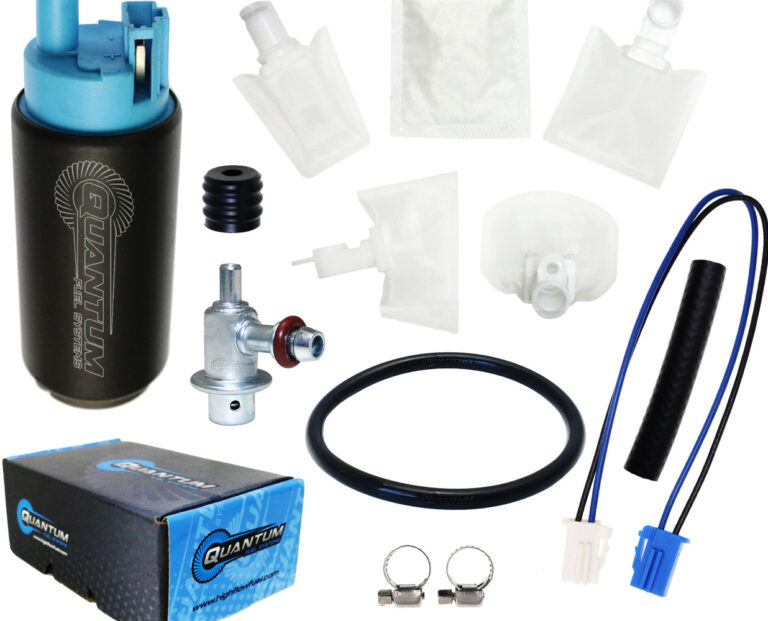Clutch Problems Diagnosis : Troubleshooting Common Clutch Issues
If your car is having clutch problems, there are a few things you can do to diagnose the issue. First, check the fluid level in the reservoir and add more if necessary. Next, bleed the system of any air bubbles.
Finally, check for wear on the clutch itself and replace it if necessary.
If you’re having problems with your clutch, there are a few things you can do to diagnose the issue. First, check the fluid level in the reservoir. If it’s low, that could be the problem. Next, check the pedal free play. If there isn’t any, that could also be an issue.
Finally, take the car for a test drive and see how it feels. If the clutch is slipping or not engaging properly, that’s likely the problem. Once you’ve determined what the issue is, it’s time to fix it!
How Do You Diagnose a Clutch Problem?
A clutch problem can be diagnosed by observing the behavior of the vehicle while driving. If the vehicle jerks or stalls when shifting gears, or if the engine RPMs increase but the vehicle speed does not, then there may be a problem with the clutch. Another symptom of a clutch problem is if the pedal feels “soft” or spongy when depressed.
If you suspect that there may be a problem with your clutch, it’s important to have it checked out by a qualified mechanic as soon as possible. They will be able to diagnose the issue and recommend the best course of action for repair or replacement.
What are the 5 Symptoms of a Bad Clutch?
A clutch is an important component in a vehicle’s transmission, and when it starts to fail, there are several telltale signs. Here are five of the most common symptoms of a bad clutch:
- The clutch pedal feels “spongy” or soft when depressed.
- The engine revs but the vehicle don’t move or moves very slowly even when the accelerator is floored. 3. It’s difficult to shift gears, especially from first to second gear.
- The clutch slips when accelerating hard from a stop.
- There’s a burning smell coming from the engine area.
What are the Most Common Clutch Problems?
One of the most common clutch problems is when the clutch pedal becomes hard to press or stick to the floor. This can be caused by a leak in the hydraulic system, the air in the lines, or a problem with the master cylinder. If your clutch pedal is hard to press, have it checked by a mechanic as soon as possible.
Another common issue is when the clutch slips when you try to engage it. This can be caused by worn-out friction material on the pressure plate or flywheel, an oil leak in the clutch components, or something else that is causing excessive wear. If your clutch is slipping, have it inspected by a qualified technician to determine what is causing the problem and how to fix it.
How Do I Know If My Clutch Or Transmission is Bad?
There are a few telltale signs that your clutch or transmission may be going bad. If you notice any of the following, it’s time to take your car to a mechanic for a closer look:
1. The car is making strange noises when shifting gears. This is usually a sign that the clutch is starting to wear out and needs to be replaced.
2. The car is having trouble shifting gears or is getting stuck in one gear. This can be caused by either the clutch or the transmission itself going bad.
3. The car is slipping out of gear while driving. Again, this can be caused by either the clutch or the transmission, but it’s more likely to be the former.
4. The pedal feels “soft” when depressing it, or there’s less resistance than usual.
This usually indicates that there’s something wrong with the hydraulic system that actuates the clutch (i.e., there’s a leak).

Clutch Problems And Solutions
If your car is starting to have clutch problems, it’s important to take care of them right away. Ignoring clutch issues will only make them worse, and can eventually lead to expensive repairs or even complete replacement. There are a few common signs that your car’s clutch may be going bad.
- If you notice any of these while driving, it’s time to bring your car in for service:
- The clutch pedal feels “spongy” when you press on it.
- Your car seems to slip out of gear more often than usual.
- It’s getting harder to shift gears smoothly.
- The engine RPMs increase but there’s no corresponding increase in speed (aka “revving”). If you’re experiencing any of these symptoms, the first thing you should do is schedule an appointment with your mechanic.
They’ll be able to diagnose the problem and recommend the best course of action. Depending on the severity of the issue, they may simply need to adjust the clutch cable or replace the pressure plate. In more serious cases, they may need to replace the entire clutch assembly.
Regardless, it’s important to get it fixed sooner rather than later!
Clutch Pressure Plate Failure Symptoms
A clutch pressure plate is a vital component of a vehicle’s clutch system, and its failure can lead to a number of serious problems. Symptoms of a failing clutch pressure plate include
1. A slipping clutch: This is perhaps the most common symptom of a failing clutch pressure plate. If your vehicle’s clutch begins to slip, it means that the pressure plate is not providing enough force to keep the engine properly connected to the transmission. This can cause your vehicle to lose power and acceleration and can make it difficult to drive.
2. Grinding or shaking when shifting gears: Another symptom of a failing clutch pressure plate is grinding or shaking when shifting gears. This occurs because the pressure plate is not providing enough friction to keep the engine and transmission properly aligned, which causes them to grind against each other. This can damage your transmission and make driving very difficult.
3. Burning smell: If you notice a burning smell coming from your vehicle, it could be due to a failed clutch pressure plate. When the pressure plate fails, it can cause excessive friction between the engine and transmission, which produces heat and causes components to break down and produce an unpleasant burning smell.
4. Loud noise: A failed clutch pressure plate can also cause your vehicle’s engine to make loud noises as it struggles to remain connected to the transmission.
Hydraulic Clutch Problems
If you have a hydraulic clutch, there are a few things that can go wrong with it. Here are some common problems:
1) The most common problem is leaks. Hydraulic fluid can leak from any of the seals or lines in the system. This will cause the pedal to feel soft and spongy, and eventually, it will stop working altogether. If you think you have a leak, check all of the seals and lines for signs of wear or damage.
2) Another problem that can occur is air in the system. This can happen if a line gets damaged or disconnected, allowing air to get into the fluid. Air bubbles will make the pedal feel hard and unresponsive. To bleed the system, just follow the instructions in your owner’s manual.
3) If your clutch pedal feels normal but the car is not engaging properly, it could be due to a bad master cylinder or slave cylinder. These components can fail due to age or corrosion, so it’s important to inspect them regularly.
If either one needs to be replaced, make sure you use only high-quality parts so that they don’t fail again prematurely.
Conclusion
If you’re having problems with your clutch, there are a few things you can do to diagnose the issue. First, check the fluid level in the reservoir and make sure it’s full. If it’s low, add more fluid and bleed the system according to the manufacturer’s instructions.
Next, check the clutch cable or hydraulic line for leaks. If there are no leaks, then the problem is likely with the clutch itself. To test it, start the engine and depress the pedal slowly while shifting through the gears.
If you feel any resistance or slipping, then there’s a problem with your clutch that needs to be fixed.





